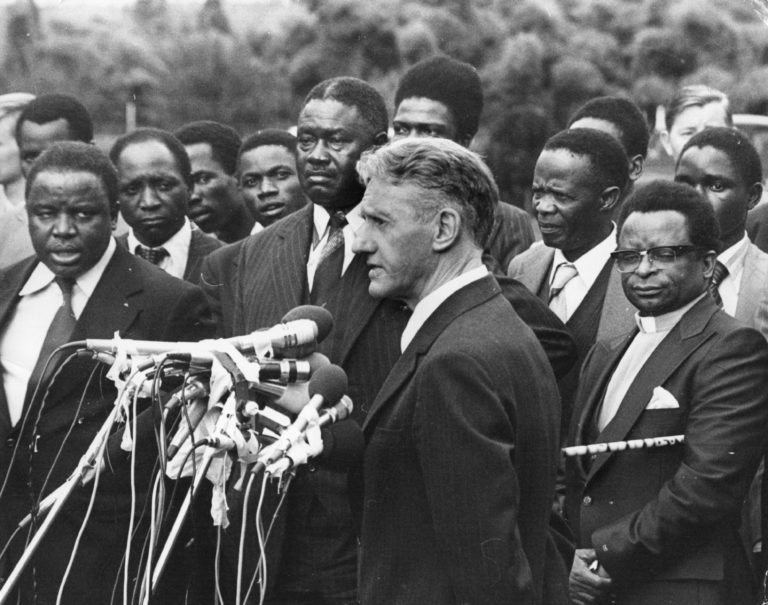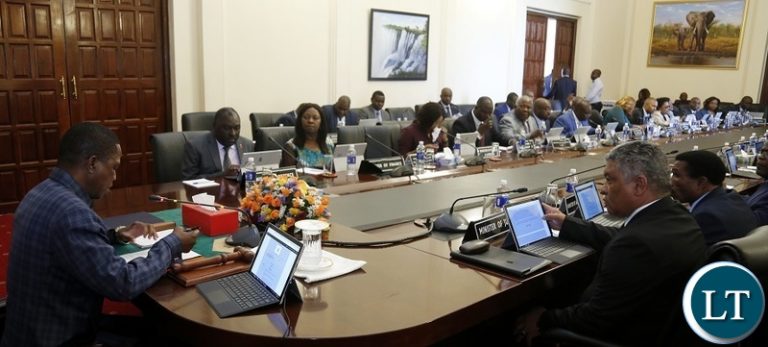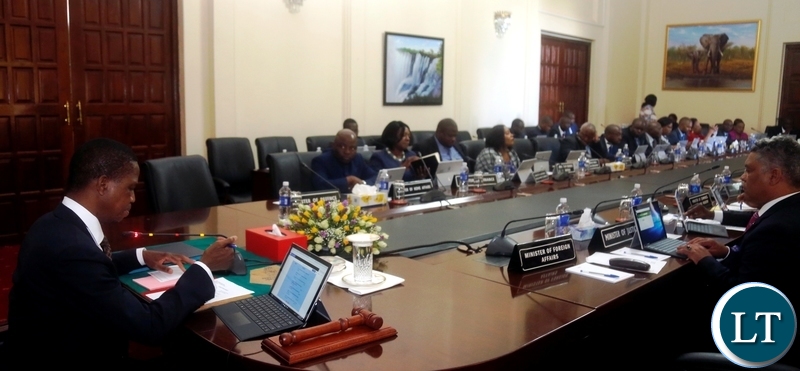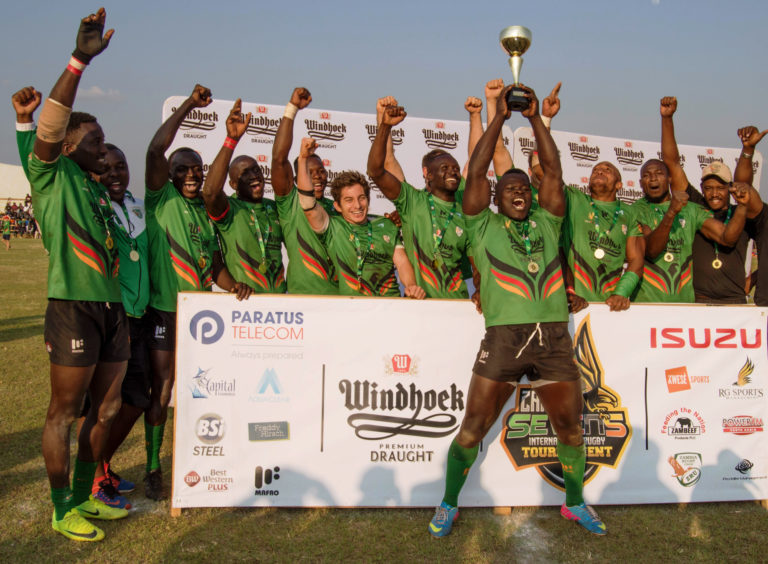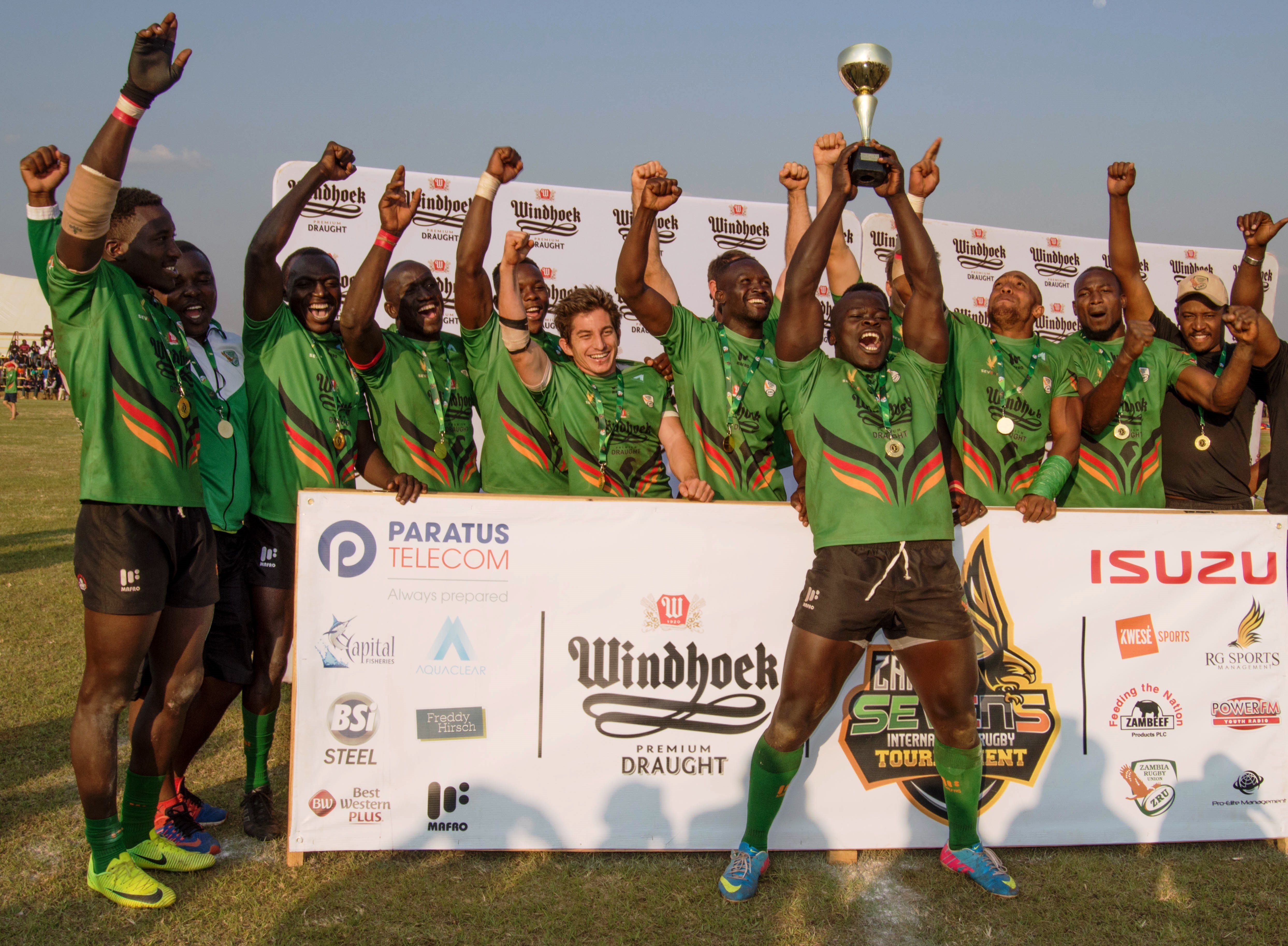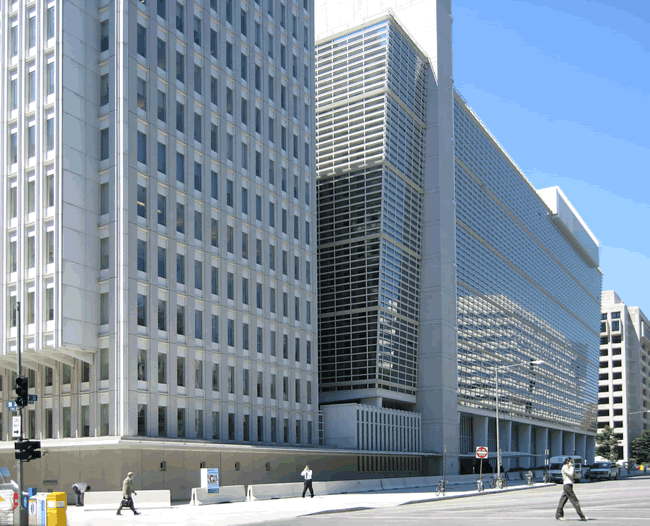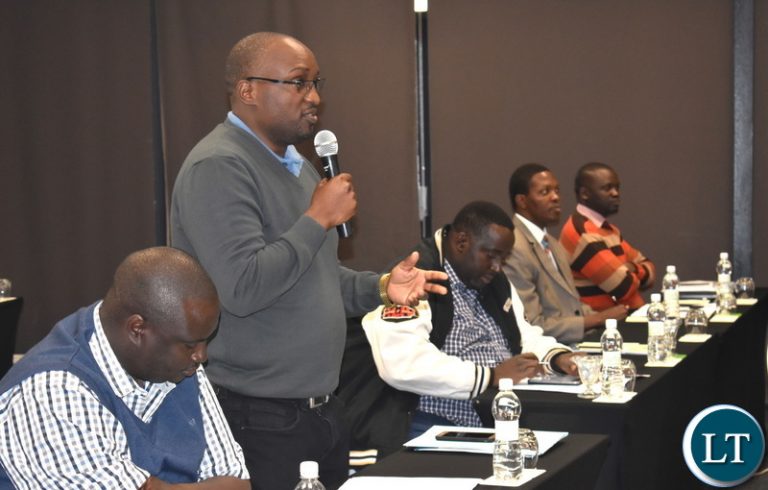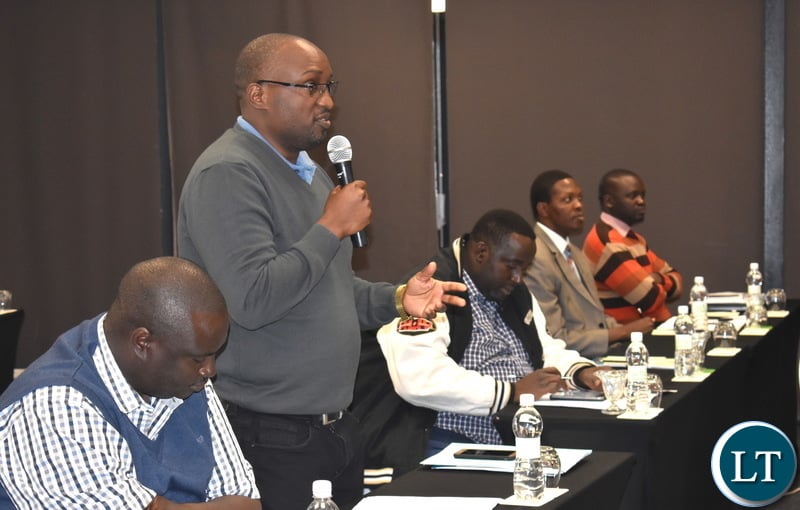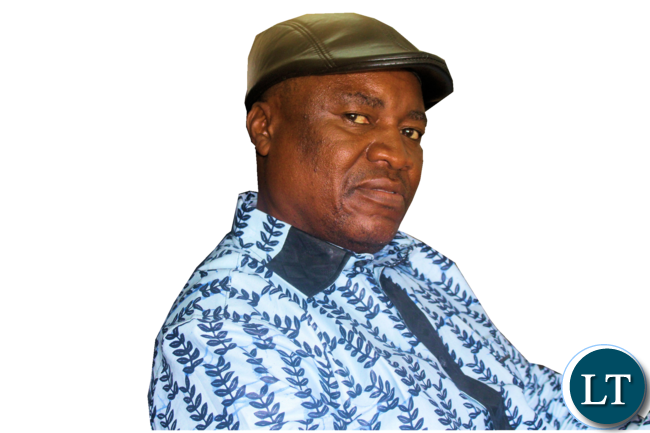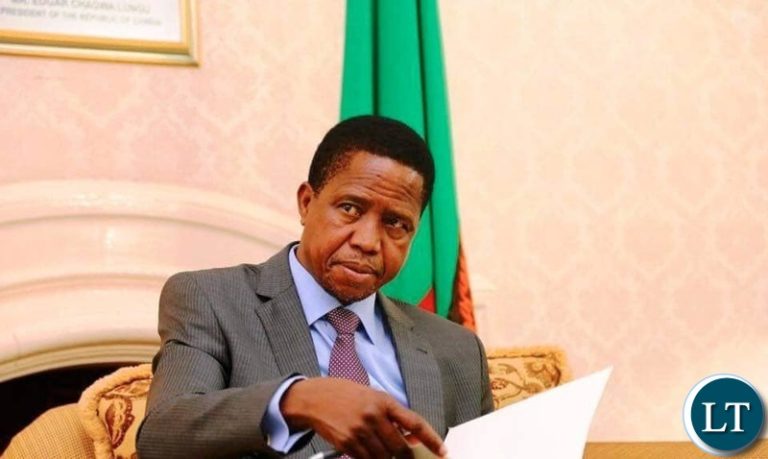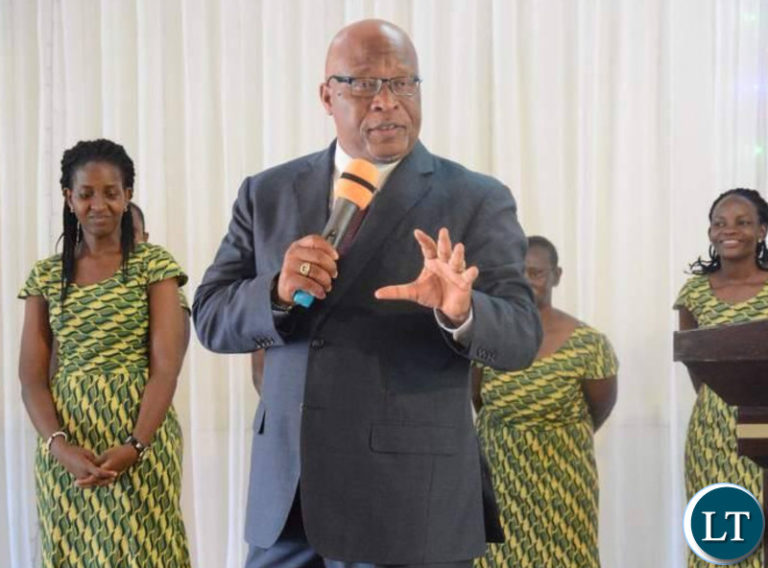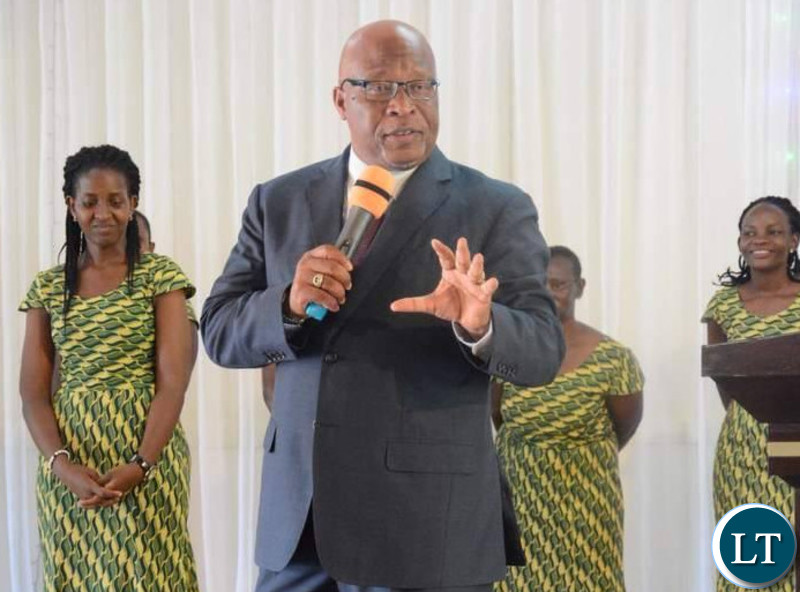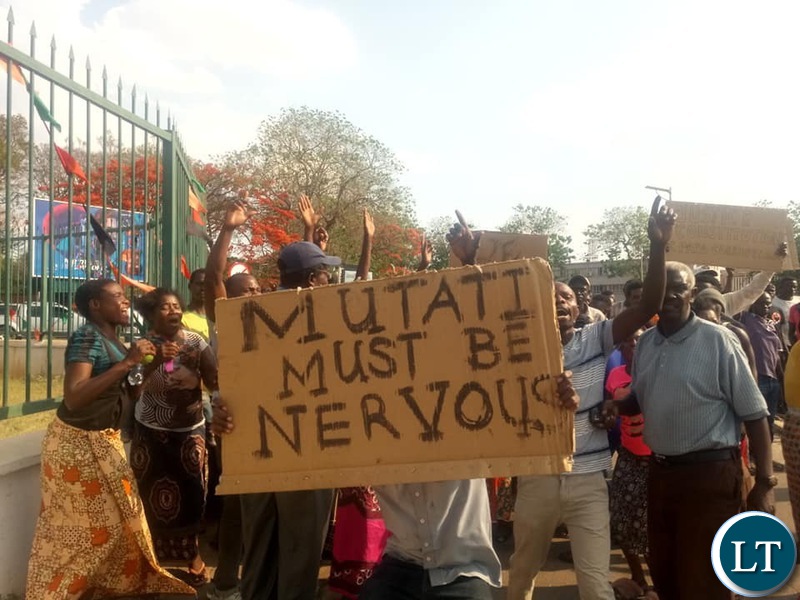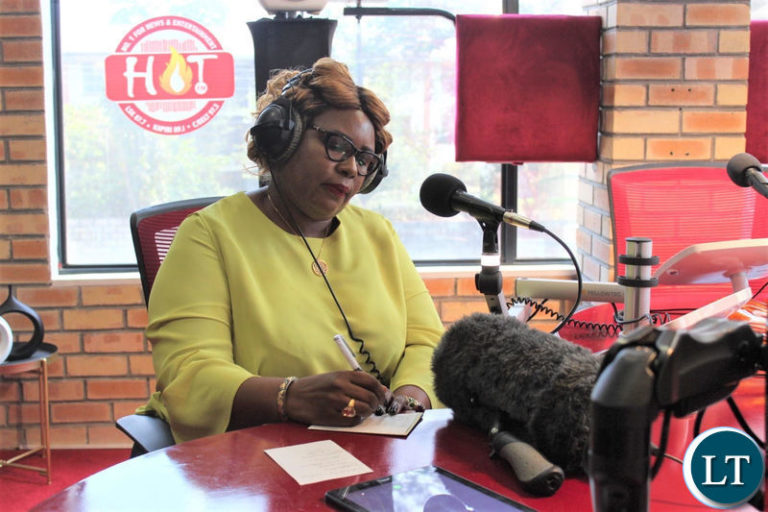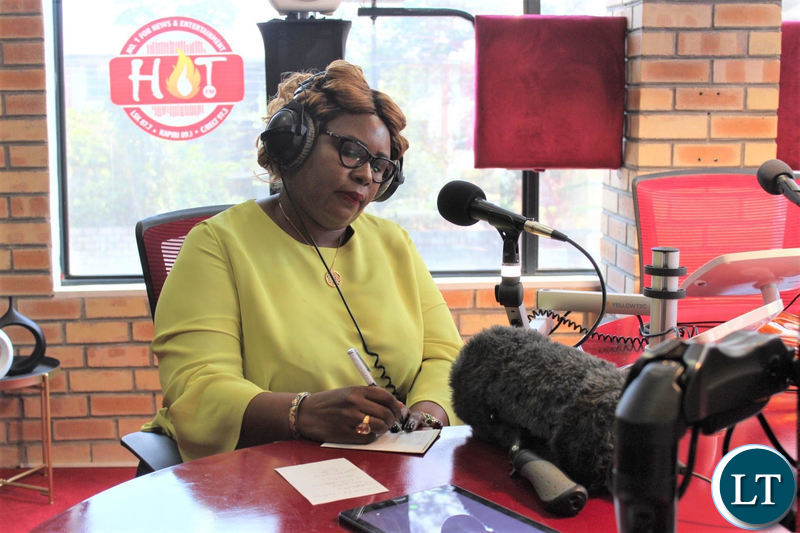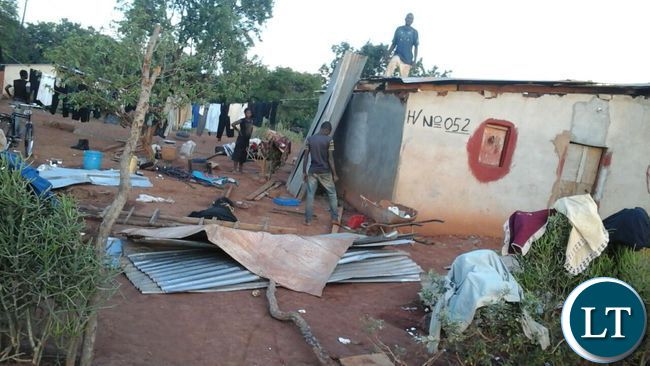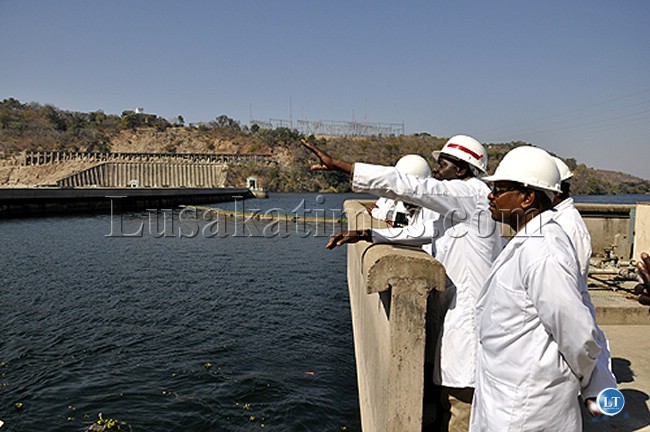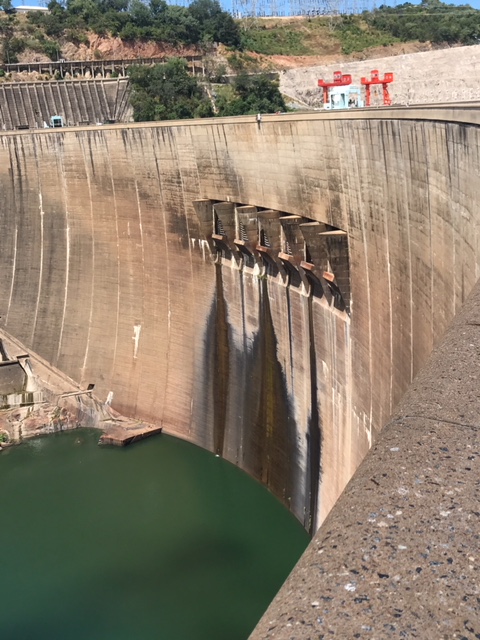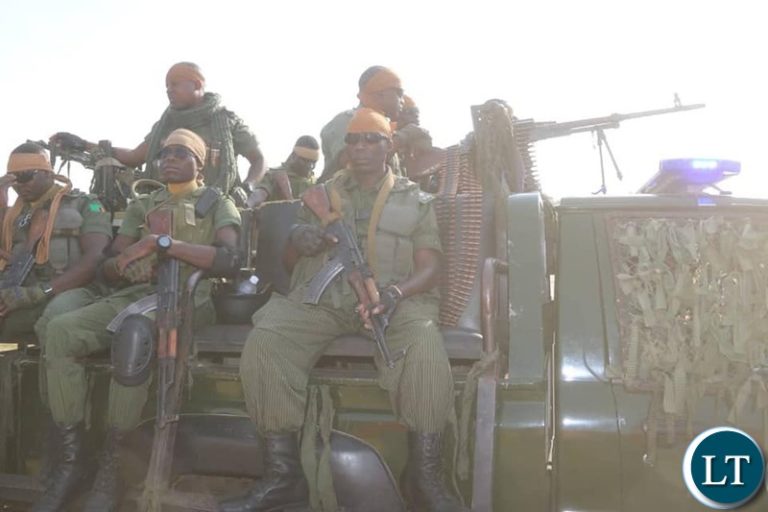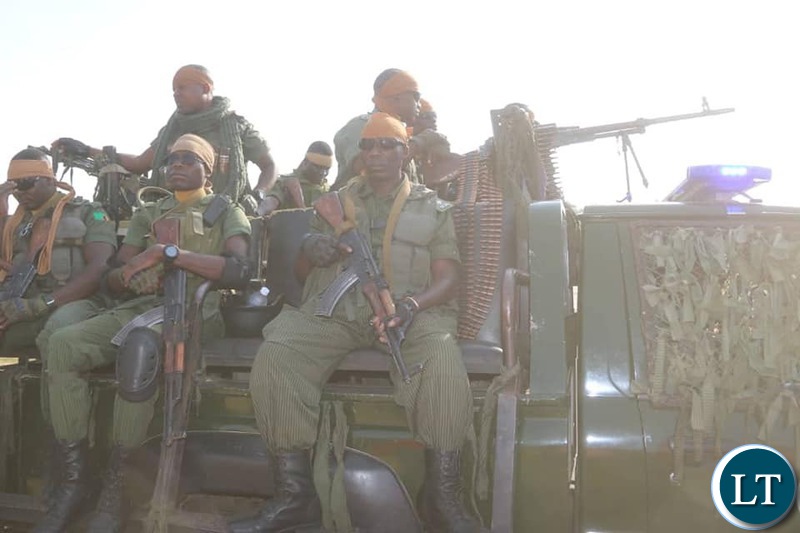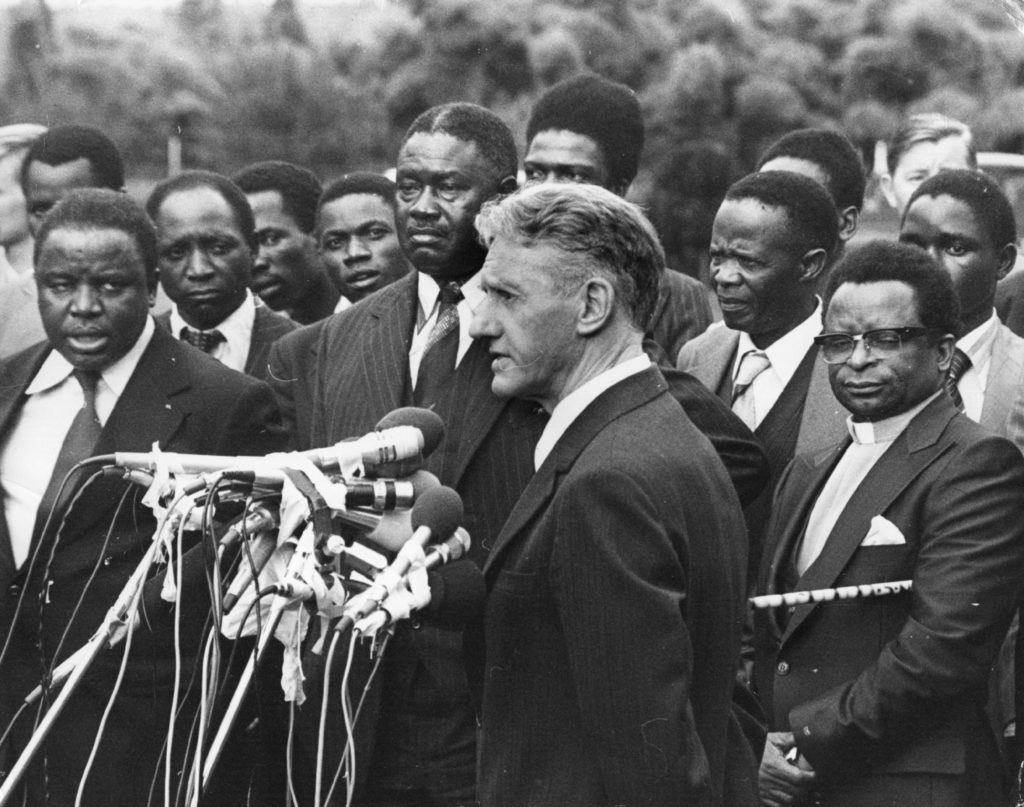
By Field Ruwe
Please Note: The credibility quotient for this article is this: If it deals with politics it’s a fact; if it is dramatized it’s fiction; if it is outrageously unbelievable, it’s a fact. While the names of the characters are true, the impact of the story as it unfolds involves my imagination, deductions, and surmise. I apologize for the use of the words “kaffir,” “white,” “black,” “ape,” “baboon.” I use them in an effort to explain events in their real perspective.
Flabbergasted by what had just occurred at the Pearly Gates, Robert Gabriel Mugabe, in reincarnation, stoutheartedly stepped into hell and was instantly drawn to the epicenter of the inferno, shimmering at Planck temperature. In the flames, he saw them, charred yet alive multitudes yelling and gnashing their teeth.
“I’m better off here,” he said to himself in retrospect.
Earlier, Mugabe, deified by many as a Moses who freed his people from White minority rule, arrived at the Pearly Gates confident he had lived a life worthy of interminable recompense. On earth, congregants at the Sacred Heart Cathedral, where he worshiped, were still praying for God’s benevolence. “We bring Comrade Robert Mugabe forward to you Lord,” Father Richard Musukua beseeched. “We’re asking God if there is anything that he did wrong in his life he be forgiven. May the Lord grant him His mercy.”
Once a catholic zealot who played a major role in the church’s preservation, Mugabe was certain he had punched himself a ticket to heaven. It was said that Father Jerome O’Hea, a Jesuit, had something to do with his preparedness for heaven. The father nurtured the young Mugabe at Kutama Mission. On his way to the Pearly Gates, Mugabe had hoped he would meet the priest and use him to vouch for him, for it was him who in 1970, described Mugabe as having “an exceptional heart.”
It was a busy day at the Pearly Gates. Statistics on earth showed that 151,600 people died each day. There were twelve gates made of gold panes decked in pearls, all supporting the jasper wall that bordered heaven. The Bible says the gates of pearl will always be open: they will never be shut by day—and there will be no night there” (Rev 21.22-25). “Nothing unclean will enter it (heaven), nor anyone who does what is detestable or false, but only those who are written in the Lamb’s book of life” (Rev 21.26-27).
Outside the gates, lines were long. Mugabe was No. 121. He had walked in at No. 147,001, but usher Margaret Thatcher recognized him as the former president of Zimbabwe and moved him to his current position. At Gate 1, St. Peter, the gatekeeper of heaven, was overwhelmed. Heavenly keys suspended from his belt, he stood in his booth going through the Lamb’s book, sorting out sinners from the righteous. Lately, he had sought the assistance of St. Patrick of Ireland, St. Thomas of Aquinas, St. Francis of Assisi, Pope St. John II, and some non-saints lucky enough to serve him.
At 2 o’clock the name Robert Gabriel Mugabe blared through the speakers. “Again, will Robert Gabriel Mugabe, a Zezuru from Mashonaland, please proceed to Gate 4!” The nasal monologue sounded familiar. It was exotic, a fossil non-productive British-Irish-Afrikaans accent found in many white Rhodesians. Mugabe headed for the gate, all the while smiling and nodding a hello at any black person in sight. As soon as he got to Gate 4, a modicum of discontentment found its way to his heart. He paused and incredulously scrutinized the man before him, and felt blood feel his face.
“Robert of Kutama, the black Hitler is here!” the man at the gate exclaimed, eyeing him malevolently. It was Alexander (Ian) Douglas Smith. Mugabe was awed to fathom what had befallen him.
Smith was ferocious: “The Marxist terrorist and murderer who claimed to have beaten Christ at resurrection is finally dead. Robert of Kutama, you are not welcome here. Marxists, communists, and terrorists shall not enter the kingdom of God. And you are three in one.”
Mugabe recognized Smith by his glass eye and half-frozen features. He shook his head, rubbed his eyes, and pinched himself. The last time he saw Smith, he had grown a white beard, which now looked saintly flowing. Earlier, when Mugabe heard his name over the speakers, Smith’s voice had whizzed through his mind like a bullet headed for a target, but had ruled him out.
Mugabe finally spoke: “Is it really you Ian Douglas Smith, the butcher from Salisbury who ravaged my land? What in heaven are you doing here, you the deluded Rhodesian King Canute?”
Smith ignored him: “I told you, you kaffirs were not ready to rule Rhodesia, not in a thousand years. I was right, wasn’t I, Robert of Kutama? Where’s Rhodesia now, eh?”
“Ian Douglas Smith,” Mugabe called. “There was never a Rhodesia in the first place. The landlocked country between the Limpopo and the Zambezi was, and will always be Zimbabwe. It was, in all its magnificence, given to blacks by God, in the same way he gave you England. Now that I am here, I’ll ask God why he allowed you, of all the people, to rule over us.” Anger surged inside him. He raised his voice. “I’ll look in God’s eyes and ask Him if he really loves black people. If he does, I will say, why did you allow a handful of whites to cold-bloodedly strip our human dignity, our sense of destiny, and inflict grotesque ordeals on us in the land you allotted us? Then I’ll say, God, I thought heaven was for the virtuous.”
“I’m virtuous,” Smith responded. “Unlike you, I was a devoted Christian. I strove to turn Rhodesia into God’s own country in accordance with the will of the almighty Creator. I championed Christian civilization against your Marxism. I worked hard to preserve justice and civilization because I knew that’s what you blacks in Rhodesia badly needed. In 1964, when I became Prime Minister, you people hadn’t attained to the realization of any objective existence. You were still as primitive as hell, barbarians.”
The words that were always cocked on the tip of Mugabe’s tongue come out machine-gun fast. “You bloody idiot!” he exploded. “How dare you! You egomaniacal white supremacist. You used the legislative process to deny us the education we rightly deserved with your laborer, hewer of wood, and drawer of water nonsense. You totally ignored our existence, and denied us our human potential. Day and night, you drilled in the impression that we were of a subhuman species. In your callous motive to weaken us and hold us to perpetual degradation, you compared us to apes and baboons. What love thy neighbor was Jesus talking about? Where is he? I would like to ask him.”
Smith spoke with a grin of a leprechaun. “I see you have brought your fiery temper here. That was your ruin. That arrogant and rotten attitude turned you into a selfish, narcissistic despot and a murderer, a killer of the worst kind. You stand before me as one of the worst human rights abusers in the world.”
“That’s right,” Mugabe responded, his face contorted in contained fury. “Mugabe the kaffir is the scourge of God, Smith the white supremacist is the angel. Mugabe is the criminal and Smith the victim of the crime. Ian Smith is the builder, Robert Mugabe is the destroyer. Really God?” He sighed and looked Smith straight in the eye. “I should have made you pay when I had the opportunity.”
“You couldn’t because I did nothing wrong.”
“You’re crazy, you hear me?” Mugabe exclaimed, his voice crackling in a rasp. “You’re psychotic. You alone unleashed a bloody tide of slaughter on more than fifty thousand innocent black men, women and children not only in Zimbabwe, but also in Botswana, Mozambique, and Zambia. Actually, more than fifty thousand, a hundred thousand or more, we will never know because as is always the case, the racist world was on your side. The white media deliberately ignored your chilling, horrendous human rights record and focused on mine. What has not been told is that your legacy was one of infamy, awash in the blood of defenseless black fathers, mothers, and children. God should have intervened on our behalf and send brimstone and fire on you. Sadly, he didn’t.”
“I was fighting a war, that’s why,” Smith countered. “Killing in war is not a sin. God Himself encouraged battles to be fought. It was Him who ordered the ancient Israelites to possess the Promised Land. It was God who commanded King Saul to attack the Amalekites and destroy all that belonged to them. In the same way, I declared war on you to save white Rhodesians, in the same way George W. Bush declared war on Saddam Hussein. Just you know, Dwight Eisenhower, John Kennedy, Lyndon Johnson, are all here. Believe it or not even Nixon is here. Surely, you don’t think Harry Truman is in hell for Hiroshima, or do you Robert of Kutama?”
“Let me understand one thing.” Mugabe was calm. “So, it’s God who allowed you to dismember black children?”
“Yes,” Smith replied in a heartbeat. “They were collateral damage. I was after you terrorists. You were using humans as shields. What did you expect me to do? Sit back and watch you ambush and murder white families?”
“Wait a minute,” Mugabe chipped in. “So, what you are saying is that it was okay for you to drop bombs on black children and innocent civilians, and not okay for us to fight for our land the best way we could?”
“That was murder,” Smith said. “It was a clear violation of the sixth commandment. You did it again in Matebeleland, you killed more than twenty thousand of your own people. That was genocide of the worst kind.”
“I stand guilty for my action in Matebeleland.” Mugabe nodded. “It is for this act, and many others during my time as president, that I am ready to go to hell.”
“You bet that one right,” Smith responded.
Mugabe continued with revulsion. “As for you, you’re a blight on humanity. You and your followers pushed hate, fueled bigotry, hid in your skin to commit crimes against humanity. How come God has not brought down his wrath upon your head?”
“Why don’t you ask him,” Smith rejoined. “Don’t forget I singly fought for your independence. I gave up Rhodesia because I was committed to a nonracial society. Had it not been for me, guided by the hand of God, there would be no Zimbabwe today, and you would still be a kaffir, all I know.”
“That’s what you made the world believe,” Mugabe responded. “The white supremacist you are, you can’t face the unendurable state of your vacuity. You’re a reminder of the pervasiveness of the racist attitudes in the white world. You all won’t accept that black Zimbabweans fought a good fight, that we cornered you like the unsteady, dangerous rat you were. The people you had relished in calling kaffirs, apes, baboons, ignoramuses, and children in the eyes of God, outsmarted you.”
“Only if I had listen to my people,” Smith said. His disillusionment was obvious.
“You had no choice.”
“I should have listened to them,” Smith continued. “Today, Rhodesia would be not only the breadbasket of Africa, but the envy of the entire world. I tell you, it’s been excruciating to watch you the manic, megalomania, Marxist kaffir from Kutama single-handedly reduce the jewel of Africa to an apocalyptic dystopia. Thank God, your own people kicked you out. Say what you may, you remain an emblematic pillage of all that is good.”
Mugabe’s mind swept back to his time on earth. “Sadly, what my people didn’t know was that Tony Blair destroyed Zimbabwe. He tried to bring me to heel, to make me give up the land over which black blood was spilled. Together with George W. Bush, they orchestrated a malicious economic covert warfare centered on the mental transformation of the people of Zimbabwe, and it worked. Their sanctions worked. Sanctions lent themselves to the brainwashing, and my people succumbed. Left with little choice, they embraced Blair and Bush.”
“There you go again with your paranoia and scapegoating,” Smith said.
“Listen you,” Mugabe spoke almost immediately. “I was smarter than you. I was fully aware of the Smith-Blair-Bush psychological warfare plotted on a scale immeasurable and more damaging than envisioned. I tried to caution my people, but it was so well executed by Blair and the western media. There was little I could do but to watch famine sweep through my country. If I had surrendered to Blair’s wish, my people would have remained displaced on their own land, and yet that’s what we fought against. You alone snatched 4,000 acres on which you treated my landless people like slaves.”
“Oh shut your flaming mouth,” Smith said.
“No, you shut your mouth and listen for once,” Mugabe retorted. “I had started off very well. When I delivered independence to my people, I was determined to prove you wrong. First, I wanted to bring the best in black Zimbabweans.”
Smith laughed with mock sanctimoniousness. “That was wishful thinking.”
“No, it was not,” Mugabe said. “You saw it for yourself. Within the shortest period of my presidency, we had the highest literacy in Africa. We were doing so well, Margret Thatcher sang the praises of me. Also, the World Bank was full of praises for our improvements in health and education. In fact, your queen was so impressed she knighted me.”
“Big mistake,” Smith said.
“That’s what you said. I was driving you nuts, wasn’t I, Ian Canute. It bothered you that black Zimbabweans were on their way to prove you wrong. Blair and Bush applied sanctions to dismantle my efforts. You used western media to besmirch my character, to destroy the black man who was fighting white supremacy. On the day I was removed, Tony Blair, whose interest and focus was on the five percent white settlers in Zimbabwe, claimed victory. And when I died, you up here and Blair down there, felt the same way you did when you sat on the fence gladly keeping count of Zimbabweans dying due to sanctions. For each death, you cheered and toasted in the eyes of God. If what you did on earth is deserving of a heaven, I’ll keep my hell. And as I burn, I’ll be glad black Zimbabweans will never be called kaffirs on their God-given land. I’m out of here.”
Dr. Field C. Ruwe is a US-based Zambian multicultural scholar practitioner and author. He holds a Doctor of Education degree from Northeastern University, Boston Massachusetts, U.S. He is the author of “Intellectual Scum.”


